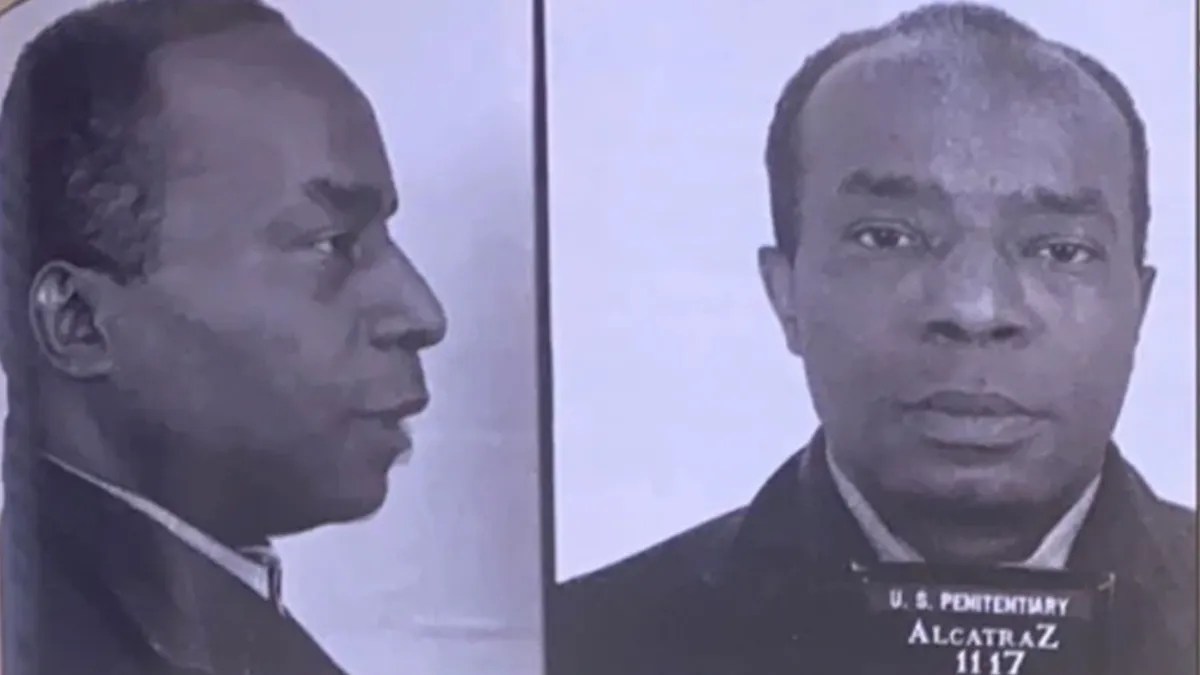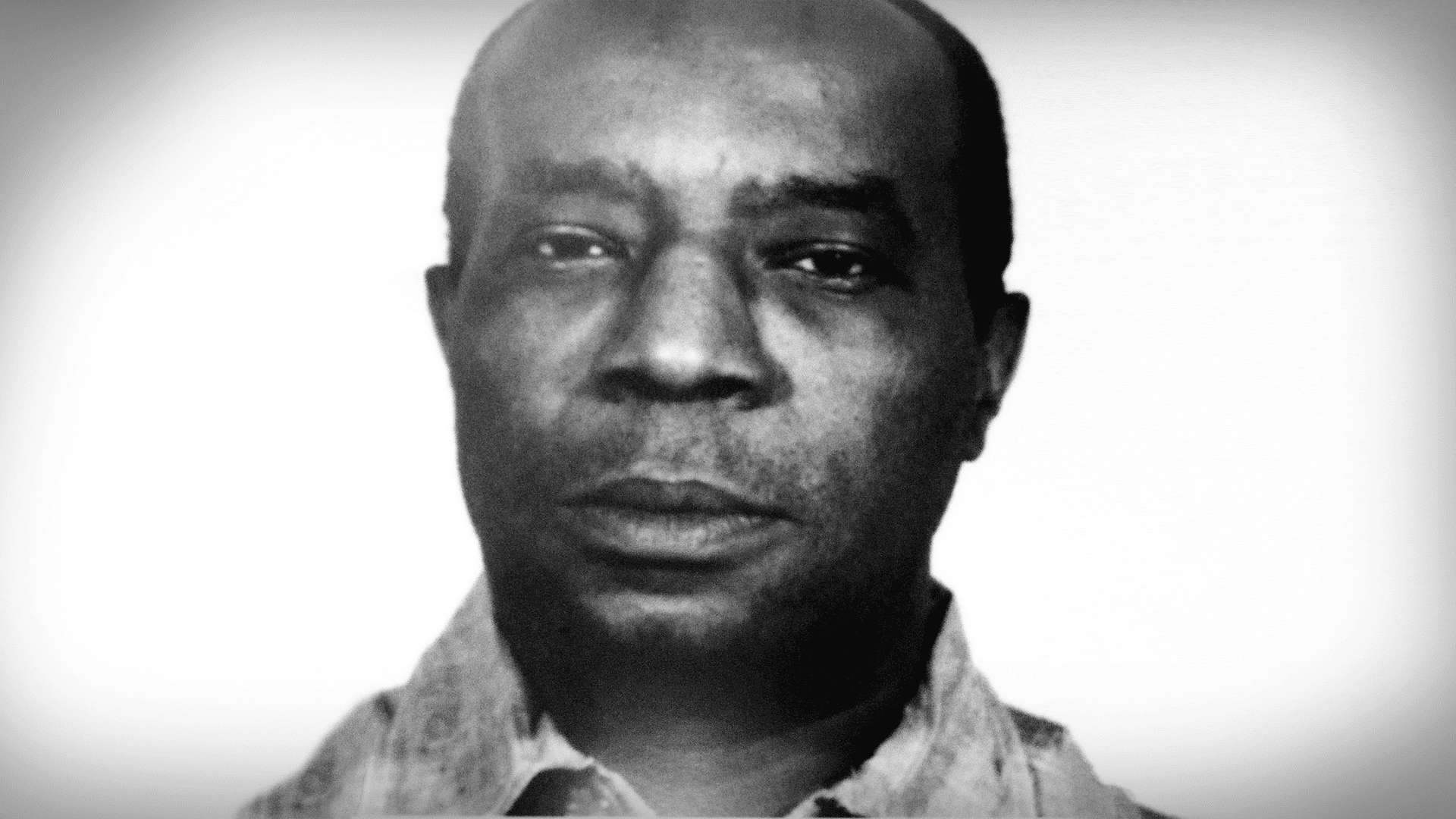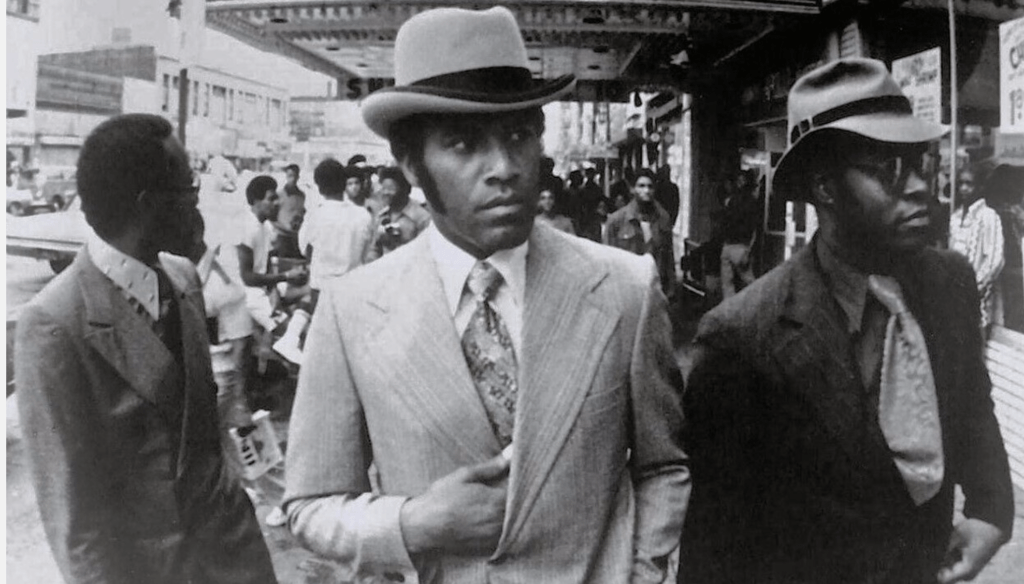Bumpy Johnson was a name that resonated through the streets of Harlem, an iconic figure whose life intertwined with the very fabric of the city's history. His influence stretched beyond mere criminal activities; he was a symbol of resilience and power, a man who navigated the murky waters of the underworld with unparalleled charisma. Born in the early 1900s, Johnson emerged as a major player in the Harlem Renaissance, a time when the neighborhood was not only a hub for African American culture but also a battleground for organized crime. His legacy continues to captivate audiences, from movies to television series, solidifying his status as a cultural icon.
The story of Bumpy Johnson is not just one of crime and vice; it is a reflection of the societal challenges that African Americans faced during his time. He was a product of his environment, rising through the ranks of the criminal underworld while also acting as a protector of his community. Johnson's complex persona has led to numerous interpretations, making him a subject of fascination for historians and filmmakers alike. His life was marked by both triumphs and tragedies, showcasing the duality of a man who was both feared and respected.
As we delve deeper into the life of Bumpy Johnson, it becomes clear that understanding his journey requires a closer look at the historical and cultural contexts of his time. From his early days to his rise as a notorious crime boss, Johnson's life story is filled with pivotal moments that shaped not only his destiny but also the landscape of Harlem itself. Join us as we explore the multifaceted legacy of Bumpy Johnson, a figure who remains an indelible part of American history.
Who Was Bumpy Johnson?
Bumpy Johnson, born as Ellsworth Raymond Johnson on October 31, 1905, in Charleston, South Carolina, was a notorious American mobster known for his significant influence in Harlem during the mid-20th century. His nickname "Bumpy" was derived from a childhood head injury that left him with a noticeable bump on his head. Johnson's life was marked by his rise to power as a key figure in organized crime, particularly in the illegal drug trade and numbers rackets.
What Was His Early Life Like?
Johnson's early life was shaped by poverty and hardship. Growing up in a racially segregated society, he faced numerous challenges that would later influence his criminal activities. His family moved to Harlem when he was a teenager, and it was here that Johnson began to immerse himself in the vibrant yet dangerous world of organized crime. He quickly gained a reputation for his street smarts and ability to navigate the complex dynamics of Harlem's underworld.
What Were Bumpy Johnson's Major Accomplishments?
Bumpy Johnson's criminal empire was built on a foundation of strategic partnerships and ruthless ambition. Some of his major accomplishments included:
- Establishing control over Harlem's lucrative numbers game.
- Forging alliances with other crime families and influential figures.
- Acting as a protector of the Harlem community, earning respect from local residents.
- Influencing the development of the drug trade in Harlem.
What Impact Did Bumpy Johnson Have on Harlem?
Johnson's impact on Harlem was profound and multifaceted. He was not only a criminal leader but also a community figure who provided support to local residents. His leadership style was characterized by a mix of fear and loyalty, as he commanded respect from those around him. Bumpy Johnson often helped those in need, offering financial assistance and protection to local businesses, which earned him a complex reputation as both a villain and a hero.
How Did Bumpy Johnson's Life End?
Despite his power and influence, Bumpy Johnson's life was not without its challenges. He faced numerous arrests and legal issues throughout his career, but it was his eventual death on July 7, 1968, that marked the end of an era. Johnson died of a heart attack at the age of 62, leaving behind a legacy that would continue to resonate in the communities he once ruled. His funeral was attended by many, highlighting the impact he had on the lives of those in Harlem.
What Is Bumpy Johnson's Legacy Today?
Bumpy Johnson's legacy lives on through various forms of media, including films, books, and television series. His life story has inspired countless portrayals, most notably in the acclaimed film "American Gangster," where he was portrayed by actor Denzel Washington. Additionally, the television series "Godfather of Harlem" further explores his life and the complexities of his character. Today, Bumpy Johnson is remembered not just as a criminal figure, but as a symbol of resilience in the face of adversity.
What Personal Details and Biography of Bumpy Johnson Are Known?
| Detail | Information |
|---|---|
| Full Name | Ellsworth Raymond Johnson |
| Date of Birth | October 31, 1905 |
| Date of Death | July 7, 1968 |
| Occupation | Mobster, Crime Boss |
| Known For | Control of Harlem's Organized Crime |
| Community Role | Protector of Harlem Residents |
How Did Bumpy Johnson Influence Future Generations?
Bumpy Johnson's life story serves as a cautionary tale and an inspiration for future generations. His ability to rise from humble beginnings to become a powerful figure in Harlem's underworld highlights the complexities of ambition, morality, and survival. Many view him as a representation of the struggles faced by African Americans during a tumultuous time in history. His story encourages discussions about crime, community, and the impact of systemic oppression, making him a figure of continued interest and relevance.
Conclusion: What Can We Learn from Bumpy Johnson's Life?
The life of Bumpy Johnson is a rich tapestry woven with themes of power, resilience, and the quest for identity. As we reflect on his journey, we recognize the importance of understanding the historical contexts that shaped his life and the lives of those around him. Bumpy Johnson's legacy serves as a reminder of the complexities of human nature and the enduring impact of one's choices on future generations. His story continues to inspire, provoke, and challenge us to examine the narratives that define our society.



ncG1vNJzZmikmauyp77Enp%2Boq6CewaK4yK2wZ5ufonylu8KupJ6mpJa%2FqrHSbmabrZ2lxm62zqGlrKeeY7W1ucs%3D